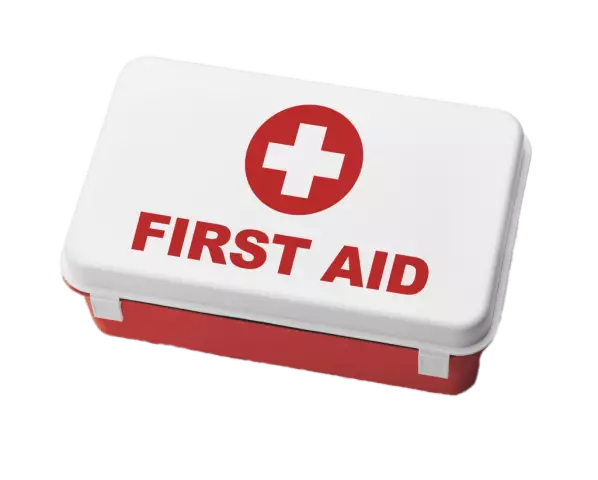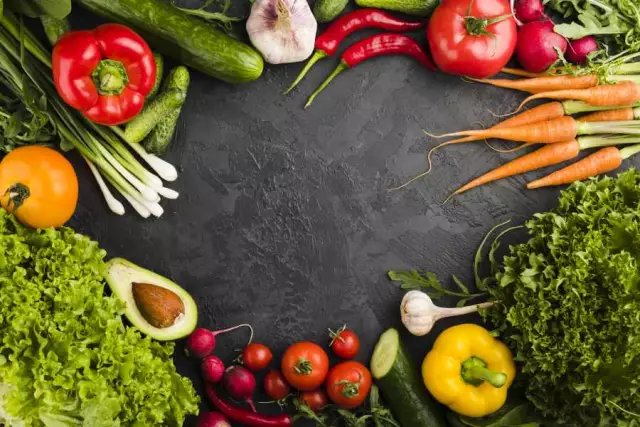- Author Rachel Wainwright wainwright@abchealthonline.com.
- Public 2023-12-15 07:39.
- Last modified 2025-11-02 20:14.
6 rules for making home remedies from plants
Each of us has heard claims that homemade herbal medicines are less effective than pharmaceuticals. This is not true. Treatment with medicinal plants is an ancient and highly effective method. If some decoction or infusion does not work, the reason, as a rule, is either in the wrong choice of the plant, or in non-observance of the rules for preparing the medicine.

Source: depositphotos.com
In order for a self-made drug to contain active substances in an optimal concentration, plant materials must be harvested at the right time, properly stored (for example, dried) and processed in accordance with a specific recipe. A decoction, infusion, extract can be prepared from the same plant - and each of these drugs will be effective in the fight against a certain ailment.
Today's article is about the rules to follow when making home remedies.
Water infusions
Infusions are usually prepared from soft raw materials - dried or raw leaves, herbs and flowers of medicinal plants. There are such methods for extracting (extracting) nutrients:
- infusion in a water bath. The recommended amount of raw materials is placed in a stainless steel vessel (enameled dishes are also suitable if their coating is not damaged), porcelain or heat-resistant glass and poured with cool boiled water. The vessel is placed in a saucepan with boiling water for 15 minutes, stirring the contents continuously. Then the container is cooled for at least 45 minutes. The mixture is filtered, squeezing out the thick, and topped up with boiled water, bringing to the required volume;
- infusion in the oven. Raw materials are poured with boiling water and placed in an oven. The mixture languishes for 2-3 hours (and it should not boil). In the absence of an oven, you can put a container with the future medicine on the stove and keep the same time on very low heat. Then the mixture is filtered and topped up with boiled water, as in the previous recipe;
- preparation of infusion in a thermos. This method is also suitable for processing harder raw materials (bark, rhizomes or dried berries). The crushed raw materials are placed in a thermos in the evening, poured with boiling water and left until morning. Usually, a daily portion of the infusion is prepared in this way, and then taken a little during the day. The method is very convenient, but it should be remembered that the drug cannot be kept in the flask for more than a day. Before steaming a new dose of raw materials, the unused part of the previous portion must be discarded, and the thermos must be thoroughly rinsed.
The ratio of raw materials and water for preparing the infusion depends on the type of medicinal plant and the purpose of the drug. For example, aqueous extracts for oral administration should be at a lower concentration than solutions intended to be added to medicinal baths or soaked in compresses.
Homemade water infusions cannot be stored for more than 2 days.
Decoctions
Decoctions are prepared mainly when medicinal plants contain substances that are slowly extracted into water. At home, a mixture of water and raw materials is usually boiled over low heat for 15-20 minutes. Then the solution is cooled for about 10 minutes, filtered and added with boiling water to the required volume.
If the raw material contains tannins (this applies to bearberry leaves, oak bark and many other herbal ingredients), the broth should be filtered hot, since when cooled, such substances settle to the bottom of the dishes and do not get into the preparation.
Water decoctions of medicinal plants are often taken warm, immediately after preparation. During storage, they quickly lose their useful properties.
Teas
Teas are usually prepared from vitamin or tonic mixtures of medicinal or herbal herbs, dried berries. The herb is poured with water and brought to a boil, and then infused for half an hour. Harder berries and fruits must be coarsely crumbled, mixed with hot water and boiled for 5-7 minutes.
Juices
Freshly squeezed plant juices not only have a pronounced therapeutic effect, but also contain biologically active substances in a concentrated form, a fair amount of which is lost during drying and long-term storage of raw materials. It will be possible to get juice from most wild-growing herbs only in the warm season. Vitamin and medicinal juices are made all year round from garden vegetables, berries and roots, as well as houseplants.
You can use a household juicer, meat grinder, or grater to make juice. The crushed raw materials are squeezed through cheesecloth. The resulting liquid should be drunk immediately after preparation: it is not intended for storage. Juices containing many organic acids are often diluted with cold boiled water before being consumed.
Alcohol tinctures
Alcohol extracts of medicinal plants at home are usually prepared with vodka. Most types of raw materials are filled with liquid in a ratio of 1: 5. The exception is peppermint tinctures (it is prepared in a ratio of 1:10) and calendula (1:20). A mixture of chopped grass and vodka is kept in a tightly sealed container in a cool dark place, shaking occasionally. The extraction time is usually 7-10 days.
The filtered solution can be stored in the refrigerator for a long time. At the same time, sediment formation does not affect the medicinal qualities of the drug. Alcohol tinctures are taken in small doses, mixing a few drops of the solution with water.

Source: depositphotos.com
Oil extracts
Some medicinal plants contain healing, fat-soluble ingredients. From such raw materials, oil extracts are prepared for oral administration or external use.
As an example, we can consider the preparation of an extract from young roots of burdock (burdock). This tool is extremely widely used in cosmetology (in particular, to heal the scalp and improve the condition of the hair). The preparation can be made with olive, peach, almond or well-refined sunflower oil.
A glass of butter is mixed with 75 g of crushed raw rhizomes and infused in a warm place for 24 hours. Then the mixture needs to be boiled for 15-20 minutes over low heat and filtered through a cotton-gauze layer. The oil extract stores well in glassware at room temperature.
For successful treatment with medicinal plants, it is extremely important to observe not only the dosage recommended by the doctor, but also the rules of home preparation of drugs. Ignoring the advice posted on pharmaceutical packaging of herbal raw materials is fraught with delaying the healing process, and sometimes the development of complications that are dangerous to health.
YouTube video related to the article:

Maria Kulkes Medical journalist About the author
Education: First Moscow State Medical University named after I. M. Sechenov, specialty "General Medicine".
Found a mistake in the text? Select it and press Ctrl + Enter.






